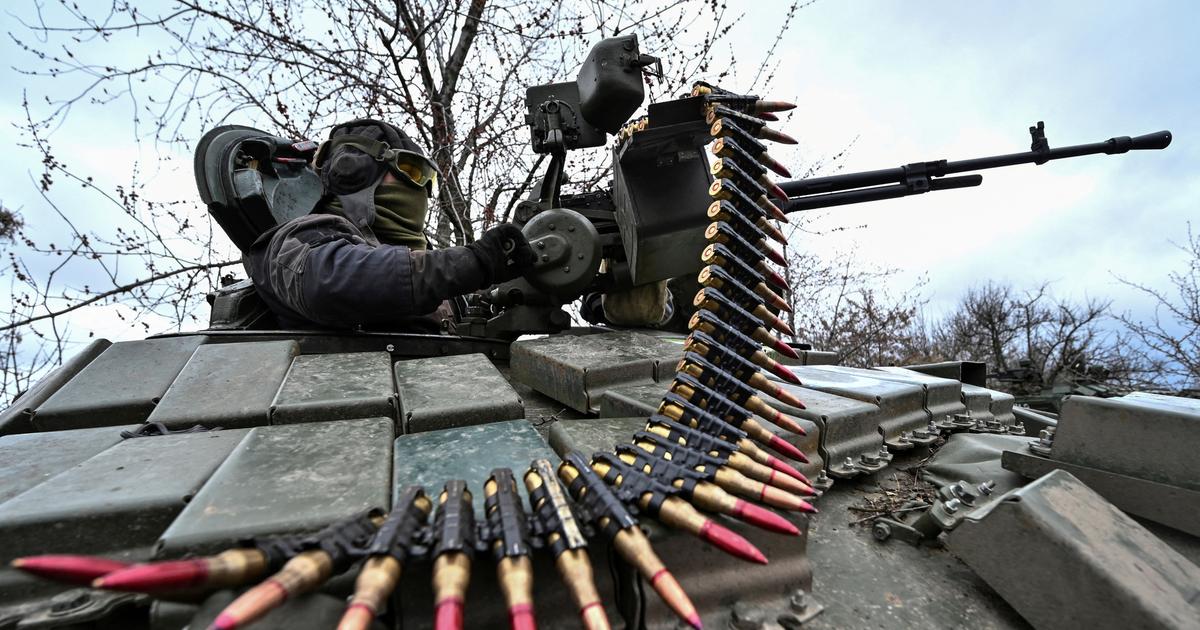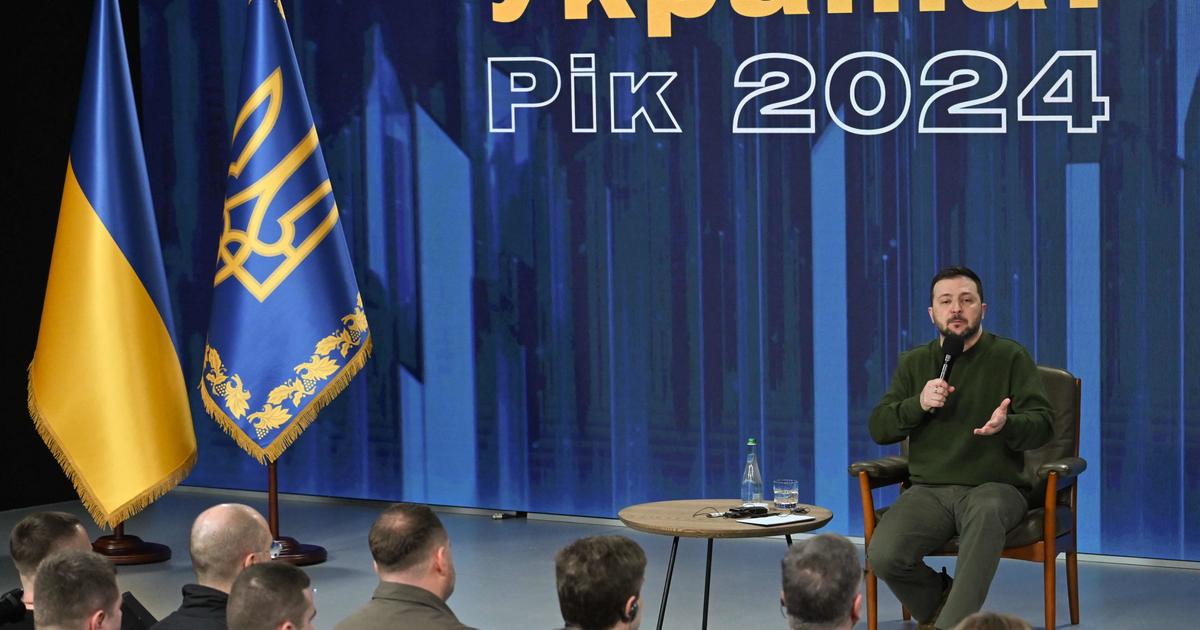Édouard Jolly is a researcher in the theory of armed conflict at the Institute for Strategic Research of the Military School (IRSEM).
To discover
Follow information on the war in Ukraine with the Figaro application
LE
FIGARO.- The Ukrainian Minister of Defense assured this Friday that the preparations for a (possible) counter-offensive “are coming to an end”.
Is this a way of scripting this possible attempt to break through the front line, which has been discussed for several months?
Édouard JOLLY.-
Ukraine needed to save time.
It was therefore necessary to punctuate the preparation of this counter-offensive with strong communication, to allow the staff to continue to gather enough armaments necessary for the planning of a real counter-offensive.
The fear would be to only have a single-shot gun: if the choice is made of a direct and massive strategy, Ukraine cannot take the risk of failing.
But isn't it paradoxical to communicate so much about an attack supposed to take the adversary by surprise?
You can see two ways to take your opponent by surprise.
The first is to say nothing, of course, so as not to make your intentions known.
But the second consists in accustoming the adversary to believing himself threatened, by putting him on permanent alert.
This is exactly what the Chinese army is doing in Taiwan by sending planes regularly so that, by dint of being on alert every day, the camp opposite can no longer distinguish a false alarm of a real attack.
Read alsoUkrainian counter-offensive: why all eyes are on the Zaporizhia region
By establishing an
“
informational blackout
”
on the conduct of operations since March, hadn't Zelensky and his staff opted precisely for the strategy of silence?
A distinction must be made between operational communication and political communication.
In Ukraine, both sides expect to be attacked by the enemy during the spring-summer period.
Each of them therefore opts for the reduction of information communications at the tactical level.
They limit the risk of flight and prevent their intentions from being revealed or the precise positioning of troops from being spotted.
Concerning the communication that you mention, it is done on another register, it is more political, and this type of communication has never ceased since the beginning of the war.
Is the government addressing itself here to its troops, to revitalize the country, or to its allies, to guarantee the continuation of Western supplies?
Both, of course.
We must both make the population understand that we are continuing to fight, restore faith in an objective that brings hope, that of recovering lost territories;
and it is a question of showing the Westerners that we are indeed preparing for a counter-offensive which will be decisive for the outcome of the war and that the deliveries of arms are therefore more than ever useful and necessary.
Why is the triggering of this counter-offensive taking so long?
We dream of it on both sides, but the difficulties are numerous.
Both sides suffered heavy human and material losses, and it is difficult to risk increasing them massively.
The Ukraine does not have an unlimited quantity of men to mobilize;
as for Russia, it cannot mobilize more without hardening the regime a little more.
In the meantime, the Russians are advancing only slowly on certain points of the front, while the Ukrainians are maintaining a strategy of avoiding direct combat to concentrate on targets behind the lines: logistics, equipment, warehouses... a strategy of the weak against the strong in the face of an occupying enemy force, their goal is above all to prevent the other from fighting.
The parameters of the war have changed, the Russians have solidly fortified more than 800 km of front line, and if Ukraine goes into a major battle, it will potentially be very long.
All things considered, one can think of the situation in 1916 during the First World War, just before the battles of the Somme and Verdun: the front had been blocked since autumn 1914 and the belligerents had fortified their defensive positions.
Do you still see other characteristics to take into account in the context of this future counter-offensive?
Another conceivable consequence of a Ukrainian attack is that weapons transferred by Ukraine's partners inevitably risk falling into enemy control, whereas so far the Ukrainians have been fighting mainly with Soviet equipment.
As a result, the Russians will have on hand, in particular, small arms of Western origin that they can use even in other areas of the world in order to create informational manipulations, by accusing the Ukrainians, for example, of circulating these weapons elsewhere in the world.
The fights should therefore take up an additional tactical challenge: abandoning as little material as possible to the enemy.
So far, about a third of the weapons lost for each side are actually recovered by the









